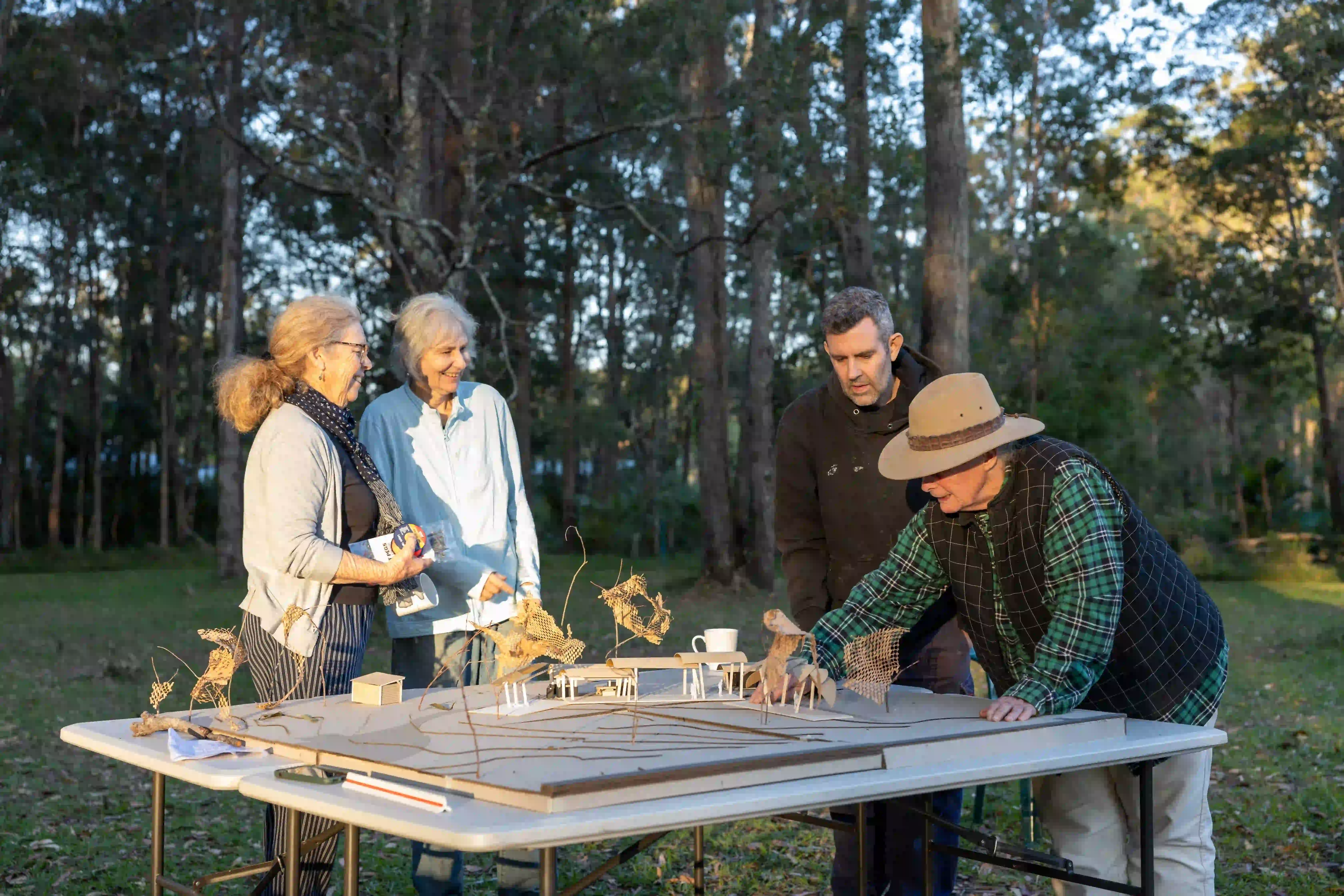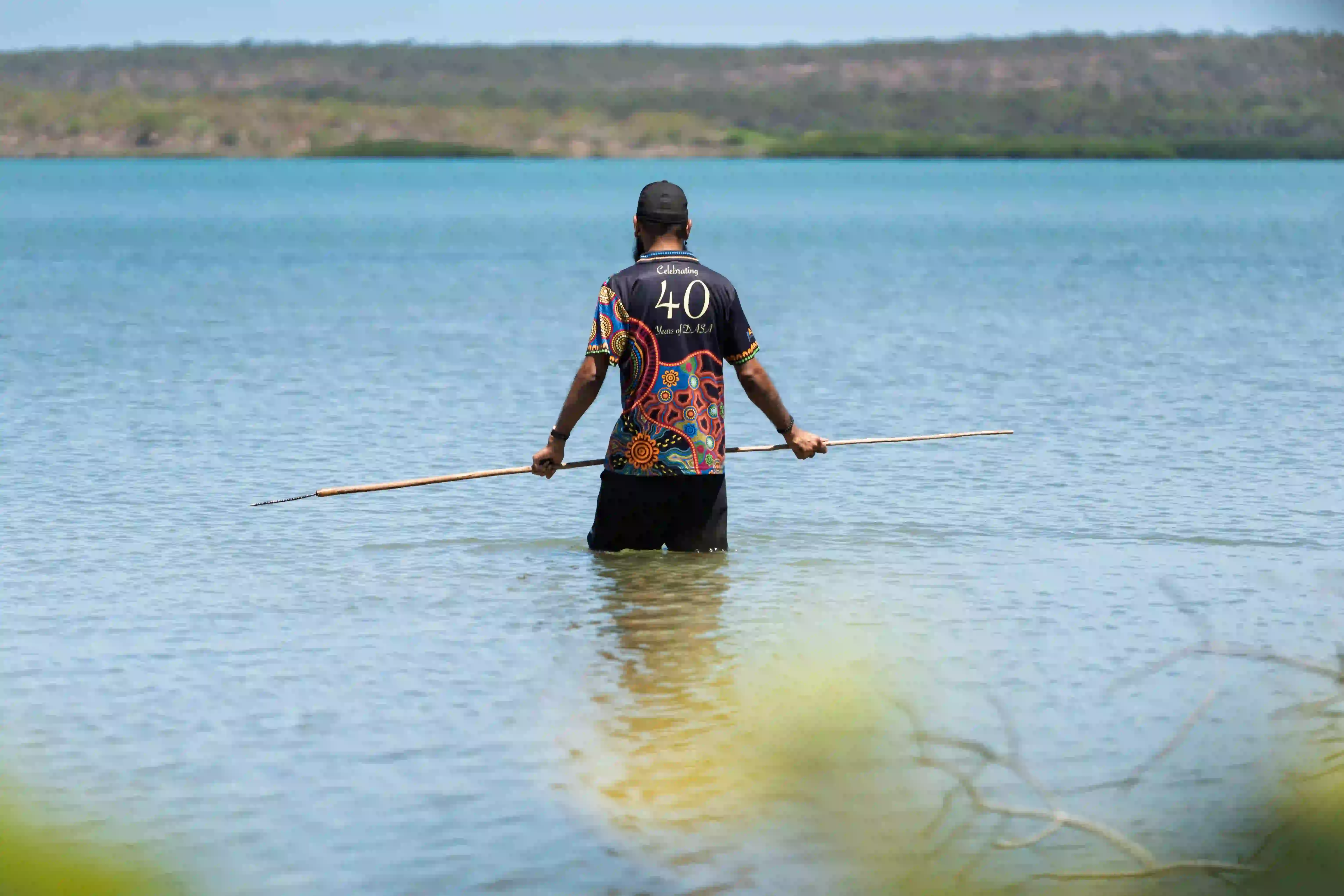Improving life outcomes for young people requires more than academic achievement. We also need to understand and strengthen the broader set of capabilities that help young people navigate life, build resilience and develop the confidence to pursue meaningful futures.
To help deepen this understanding, PRF commissioned a three-year longitudinal study, delivered in partnership with ACIL Allen and the Clontarf Foundation, a PRF grant recipient that helps increase school engagement of First Nations young people through sports. The study, which focused on a sample of students in 13 Clontarf Acadamies, explored how non-cognitive capabilities develop during school years and the extent to which they influence later life outcomes for Aboriginal and Torres Strait Islander young men.
This was the first time in Australia that capabilities were measured in this way: through a bespoke framework, co-designed for cultural relevance, applied over time, and grounded in the lived experiences of First Nations young men.
What are ‘capabilities’ and why do they matter?
The study focused on six capabilities: Openness, Organisational Skills, Resilience, Self-awareness, Social Skills and Stability. These are the kinds of traits and behaviours that sit behind things like goal setting, discipline, healthy relationships, and adapting to life’s challenges.
We know from global research that these skills matter, sometimes even more than IQ or grades, in predicting outcomes in education, employment and health. What the Clontarf Longitudinal Study did was test this relationship in a uniquely Australian setting and ask: what happens to these capabilities over time, and do they really shape life outcomes?
What did the study find?
The first clear finding was that all six capabilities improved between 2020 and 2022, even during the turbulence of the COVID-19 pandemic. While the growth was modest in scale, it was consistent, particularly among students who began with lower capability levels.
The strongest growth was seen in Organisational Skills, followed by gains in Social Skills and Stability. These improvements suggest that school-based programs can support the development of foundational life skills, even in challenging contexts.
The study also found that some capabilities tend to go together. Openness, for example, was often a precursor to growth in Social Skills and Organisational Skills. Similarly, Self-awareness helped unlock gains in Resilience and Stability. This pattern suggests that capabilities may not work in isolation, but build on one another over time.
Do capabilities influence outcomes?
The short answer is yes. Students with higher capability scores were more likely to attend school regularly, perform better on NAPLAN, and engage more deeply in their learning and future planning. Organisational Skills and Resilience in particular showed a strong link with school attendance and academic results.
Post-school, graduates reported that capabilities like Self-awareness and Social Skills were key in helping them transition into work, stay healthy, and maintain social connections. Compared to national benchmarks, Clontarf graduates were more likely to be working and reported positive wellbeing.
These links weren’t always neat or linear, but the data supports a broader truth: capabilities matter. They are part of what enables young people to succeed across different parts of life.
Measuring capabilities is hard, and necessary
One of the most valuable contributions of the study was methodological. Measuring non-cognitive capabilities is not straightforward, especially across time and across cultures. The study tested multiple tools, including student self-assessments, staff observations, and in-depth interviews, and revealed both the potential and the limitations of current approaches.
The gains in capability development were modest in the quantitative data, but more substantial in interviews. This suggests that existing survey tools may miss important shifts in mindset, motivation or self-perception, especially for young people in complex settings. It also reinforces the need to pair quantitative tools with culturally grounded qualitative methods like yarning.
Acknowledgements
This research would not have been possible without the participation and generosity of the young men who took part in the study, and the collaboration of Clontarf staff across many sites. We are grateful to ACIL Allen for their rigour and care in designing and delivering this study.






.png)



